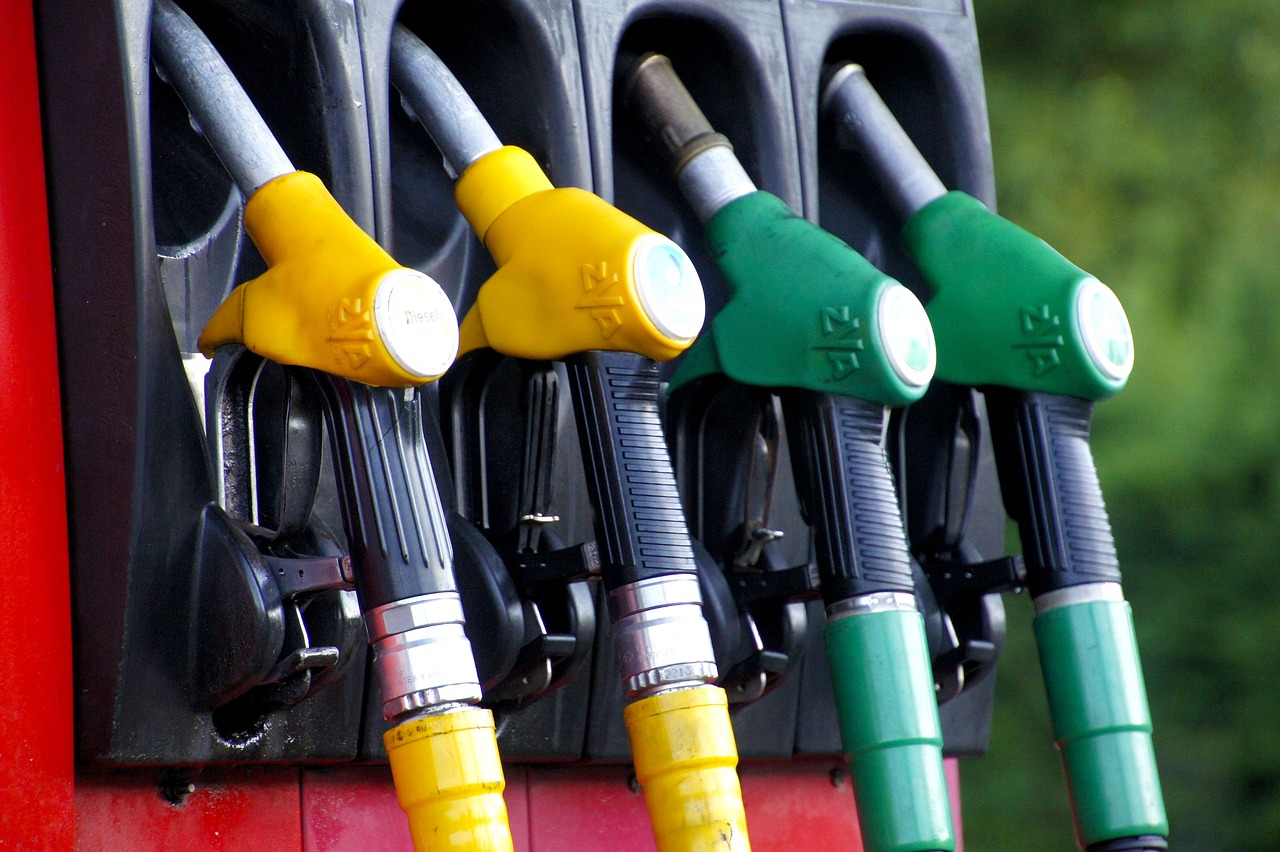
Essential Tips for Enhancing Fuel Efficiency
When discussing significant operating expenses for motorists, fuel consumption often tops the list. Improving fuel mileage is achievable through specialized systems and consistent maintenance. Even a minor reduction in diesel or gasoline usage can lead to substantial long-term savings.
Facing high fuel consumption necessitates identifying ways to reduce it to acceptable levels. Often, increased consumption signals serious malfunctions. Consulting a mechanic for computer diagnostics can pinpoint the cause. Fuel consumption should be monitored not just at idle but also while driving. Assessing consumption in both city traffic and on highways provides a clearer picture, facilitating quicker problem resolution.
Experienced drivers understand how to improve gas mileage, with key factors being:
- Low tire pressure
- Constant use of air conditioning
- Thermostat malfunction
- Damaged fuel injectors
While American drivers can address some issues independently, others require professional intervention for repairs and maintenance.
Impact of Injection System Wear on Fuel Consumption
Car components and systems wear out over time. One common issue is the deterioration of the injection system, which not only increases fuel consumption but also affects other engine operations. A faulty injection system can reduce engine power and cause uneven performance. The engine may become louder when cold and quieter when warmed up, and starting in cold weather may become difficult.
Using high-quality additives can protect the injection system by preventing deposits on injectors, thus reducing fuel flow. Changing additives every 10,000 km helps maintain their functionality and minimizes the cost of restoring the fuel system.
Increased Fuel Consumption Due to Lambda Probe Damage
The lambda probe, installed on the vehicle’s exhaust system, measures the composition of exhaust gases. It ensures the engine receives the correct air-to-fuel ratio, ideally 14 kg of air for every 1 kg of fuel. If the exhaust gases deviate from this ratio, the injection system adjusts fuel supply accordingly.
A damaged lambda probe fails to provide accurate data, forcing the engine to operate in emergency mode, which significantly increases maintenance costs.
Importance of Serviceable Sensors in the Fuel System
Similar issues arise from malfunctioning fuel system sensors, such as:
- Fuel tank sensor
- Inlet temperature sensor
- MAP sensor
These sensors adjust gasoline combustion parameters. The temperature sensor, for instance, detects air temperature, requiring the onboard computer to adjust fuel injection dosage based on air density. A faulty sensor prevents necessary adjustments, leading to inefficient fuel usage.
The MAP sensor measures intake pressure, and adjusting this helps reduce excess fuel consumption. The fuel tank sensor controls gasoline supply and displays fuel reserves accurately. Malfunctioning sensors not only increase fuel consumption but also heighten accident risks.
Enhancing Fuel Efficiency with New Filters and Spark Plugs
Regular replacement of filters and timely oil changes reduce gasoline consumption. Prolonged use of lubricants leads to dirt accumulation, clogging filters. Spark plugs, while having a minor direct impact on fuel consumption, are crucial for the engine’s longevity.
Correct Tire Pressure Adjustment
Low tire pressure increases friction resistance, resulting in higher fuel consumption. Maintaining proper tire pressure is also critical for safety. Tests show that a 0.5 bar decrease in pressure raises fuel consumption by 5%, and accelerates tire wear by 40%.
Relationship Between Air Conditioning and Fuel Consumption
Modern cars rely heavily on air conditioning for comfort, but this convenience comes at the cost of increased fuel consumption, especially in summer. Depending on the car model, air conditioning can increase fuel consumption by 0.5 to 1.5 liters per 100 km. Regular maintenance can mitigate this overconsumption. Tests indicate that fuel consumption for air conditioning drops by 2-3 times while driving.
Thermostat Malfunction and Fuel Consumption
A faulty thermostat can lead to increased fuel consumption. A cold engine takes several minutes to warm up, a process exacerbated in winter. The thermostat helps speed up engine warming by cutting off radiator supply. A malfunctioning thermostat extends warm-up time, indirectly causing higher fuel consumption.
Quick Tips to Improve Fuel Consumption
Economical car operation hinges on timely and proper maintenance. Before troubleshooting, ensure no described faults are present. Additional body elements, like roof racks, can also cause excess fuel consumption. Reducing the car’s weight by removing unnecessary items from the trunk can help.
Effective fuel additives, changed as per manufacturer recommendations, enhance fuel mileage. Using quality oil with special additives reduces friction, protecting the engine and normalizing fuel consumption. American motorists should also utilize navigation to find optimized routes, saving time and fuel.
By following these tips and maintaining your vehicle properly, you can achieve better fuel efficiency and enjoy significant savings over time.
